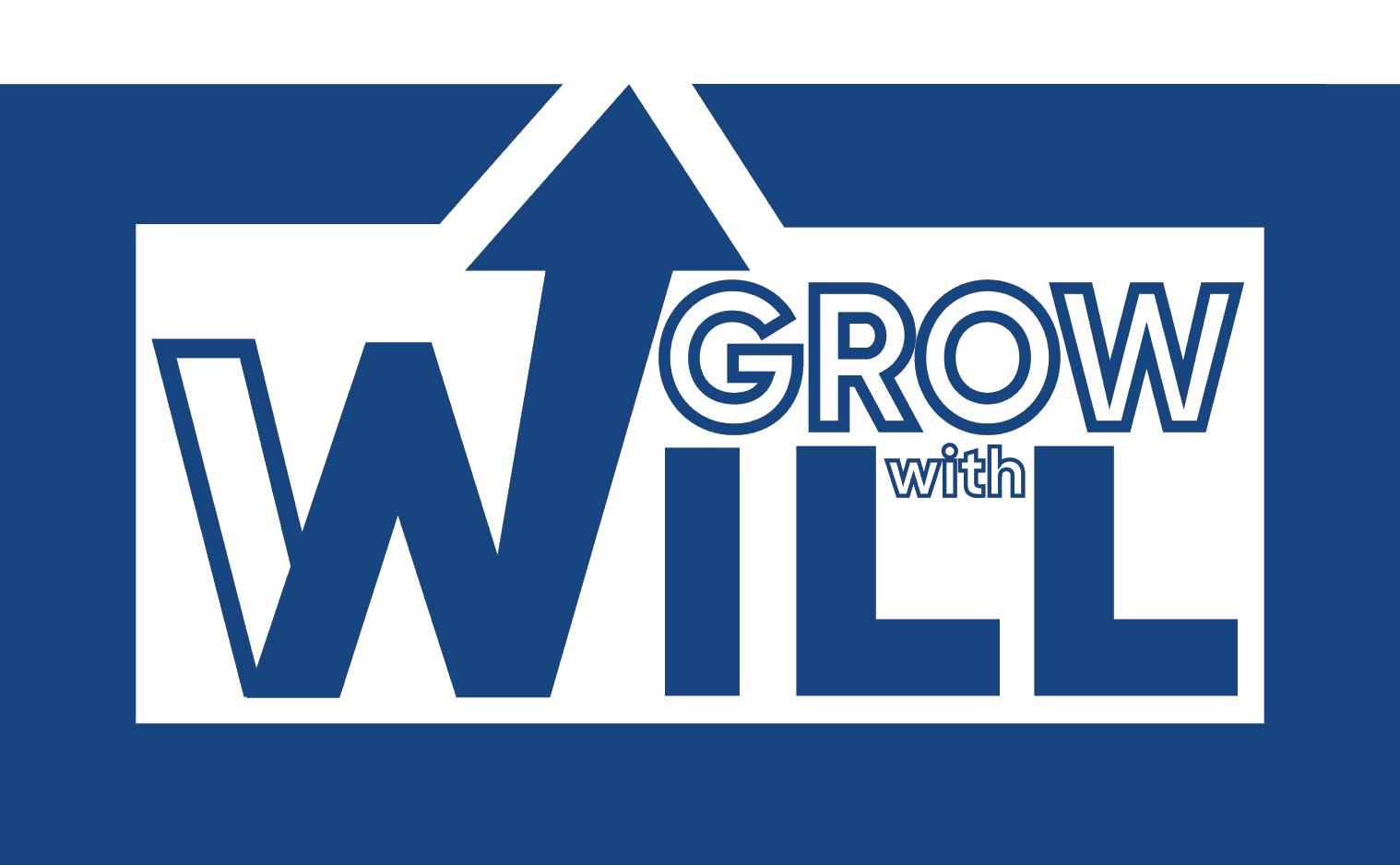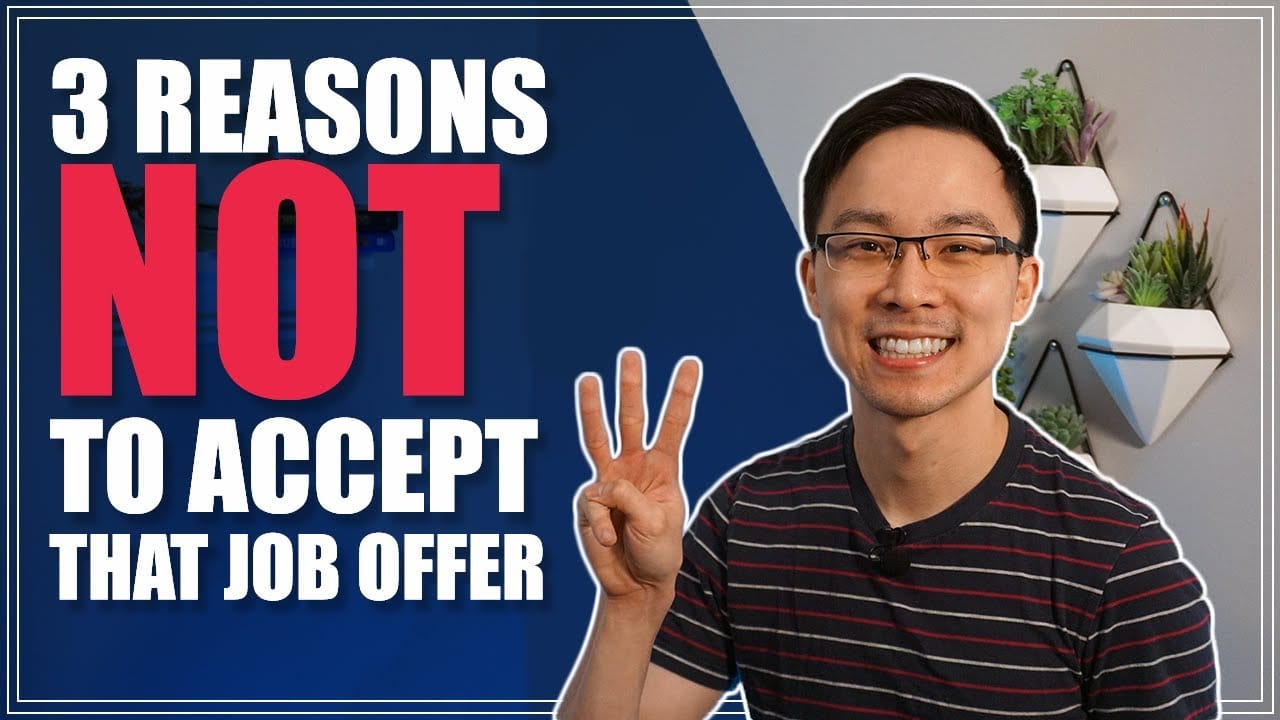Deciding whether or not to take a new job can be hard. In this article. I’m going to go over how to use the three Ps framework in deciding whether or not to take a new job opportunity. This is the same framework that I recently used to make this call for myself.
The 3 Ps framework
First, let’s go over the three Ps framework. I believe I first heard about this from the reality TV show, The Profit featuring Marcus Lemonis years ago. On the show, Lemonis uses this framework to help him understand the business that he’s evaluating, whether or not to invest in. The three P’s stand for people, product and process. In order for a company to be successful, it needs to be firing on all cylinders in these three areas.
When it comes to people, companies have to have high performers that are intrinsically motivated. When it comes to product, the company needs to have something that is clearly delivering value to the end user or the desired audience that they are trying to sell to. The product also needs to make sure that it is differentiated in the broader market. And lastly, when it comes to process, the company needs to be agile in the way that it is shipping results to its end users. It can’t be too bureaucratic or bloated in the overall SOPs that it’s following.
Now that we get the overall framework, let’s dig into how we’re going to use each of the P’s to evaluate our current situation and the job opportunity that we’re considering taking.
People
First, let’s look at people. When it comes to people, you might want to ask yourself questions like these. What have you learned from the people at your current job? From here, you might ask yourself what more is there to learn from the people at your current job? Next, you might ask yourself, what do you believe you’re going to learn from the people in this new opportunity? From here, you might ask yourself, what are the top three similarities and differences between the people in your current company and in this new opportunity?
Do you still like the people you work with on a personal level? From your interactions with your new opportunity, do you vibe with that organization’s people? What sort of culture does each respective organization have?
For me personally, in my recent decision to leave an organization I had been with for the greater part of close to a decade, I loved the people that I worked with. However, I didn’t necessarily think that I was going to learn all that much more from them. And at this point in time in my professional career, I’m prioritizing learning. And so I thought that I could learn more from the people in this new organization that I’ve joined. So I decided that this was a major factor when it came to considering people in the decision to move on.
Whatever the case may be for you, you want to make sure that you’re prioritizing the right things that matter to you when it comes to the people. If you really care about the culture, then don’t compromise on culture when you’re evaluating whether or not to take that new job opportunity. In that situation, you should make sure that you are really confident that the culture that you’re joining is significantly better than the culture that you’re currently part of.
The main thing to emphasize here, though, is that you have to figure out what is the highest priority thing for you when it comes to these buckets of people, product and process.
Product
The second P for you to think about is all around product. In a world where I believe that software will eat the world, product is super important. So here, you’re going to want to ask yourself questions like these. Does the product that you’re currently working on half product market fit? Is the product that you’re currently working on something that inspires you personally? Does the timeline for product improvements meet your own expectations? What traits does the product that you could be working on address that the product that you’re currently working on does not address? And lastly, what sort of business models do you want to work on?
Again, sharing my personal experience. Having seen a product go through multiple iterations of product market fit for the greater part of close to a decade, I knew on average how long it would take for us to reach a state of product market fit again. So in the latest few years in which we didn’t necessarily have as much product market fit, I also knew that it was going to take a far longer amount of time for us to achieve that product market fit again, than my own personal timeline.
Ultimately this timeline didn’t work for me because as a sales, customer success, and marketing person like myself, there’s only so much that I can control when it comes to pitching that product to a person if there isn’t product market fit. Building on the control point, a big responsibility for myself in all my roles has been thinking about how to grow the company’s revenue.
With my prior company, we had a product team that fully owned any product improvements that we might have. Because of this, it would take me far longer to just test one or two things that I wanted to improve that could potentially drive user growth or revenue growth and things like that.
Lastly, and thinking about that question around what sort of business models do you want to work on, I was in a space that was super bureaucratic and had a lot of red tape. In other words, just to close a client for a couple of grand, it could take several months to do so because they were multiple stakeholders to get involved. After a while I got tired of this drawn out bureaucratic process and wanting to join a industry in which it was a normal customer behavior to simply use a credit card to upgrade for the software that you were selling.
Process
The last P is all about process. And I don’t want you to undervalue this when comparing it to people or product.
Here you’re going to want to ask yourself questions like, how do you feel about your current organization’s processes? What are your thoughts on how efficient or effective your current organization’s processes are at getting things done? What don’t you like about your current organization’s processes? Does the new opportunity offer you something that isn’t currently being met? What are some of the trade-offs that you might need to accept if you were to leave your current job for this new opportunity? What sort of autonomy do you value? Do you get that in your current place? And would you still get that or would you get something better in the new opportunity?
Taking a second to reflect on my past organization, I really liked its overall processes. We were really efficient and effective at getting things done and not having a really high meeting driven culture. Reviews were on a bi-annual cycle and compensation was largely anchored on the organization and what the organization could support. It’s really important that as you think about process, and you’re also thinking about pay, which falls under process.
If the organization that you’re part of doesn’t meet your needs in terms of compensation, then you might be able to get that by joining another organization. There’s also different points in time in which you will prioritize compensation your career versus other points in time in which you are prioritizing things like the people and the product more.
Something I observed as we scaled our company was that as we got bigger, we naturally started to have more and more meetings. In other words, it started to take several meetings in order to get something approved and get all the stakeholders bought in before we could start testing something out. This was a big motivating factor for me that it was time for a change.
The bureaucracy that came with scale took me out of my Goldilocks zone and it was no longer meeting my individual needs of what I wanted out of the process of the organization I’m part of.
In my prior role, I had a ton of autonomy. But I also quickly recognized that in my new role, I would also have a ton of autonomy. So most of the upside was less politicking and less bureaucracy in joining a smaller organization. All this being said, I also knew that there was a major trade-off in joining a younger organization because I’d be jumping more into chaos and probably have less clear SOPs in helping manage that sort of stress on a daily level.
That being said, when I took everything into consideration in terms of the people, the product and the process, I decided that it was time for me to move on and start a new chapter and prove to myself that I wasn’t a one-trick pony and that I could scale another organization as well. Hopefully from going over this framework and sharing how it related back to my own personal experiences, you can start to relate and think about how it might apply to your situation.
Big takeaways
There are two things I want you to remember from this article:
- The first one is whatever decision you end up making, make sure you make it for yourself and only yourself. I think there is a lot of baggage when it comes to staying with an organization for a really long time, because you start to feel a sense of loyalty and a large part of your self identity tie to this organization and the work that you do every day.
- The second thing I want you to take away is to always get as close to complete information as you can. One of the worst things that you can do is be naive in approaching a new career change or opportunity. Sometimes people get so caught up in the emotional stress of what they’re dealing with in their current work. They don’t take a step back to think about what might be good or bad and what other trade-offs they’re factoring in when it comes to taking a new opportunity.
If you found this article helpful, be sure to check out my YouTube channel to get new videos every single week. I’ll help take you from zero to self-starter as you grow your business, get more customers, and hone your business acumen. Also, feel free to share this with anybody that you think might also benefit from learning how to manage up with your boss effectively.

